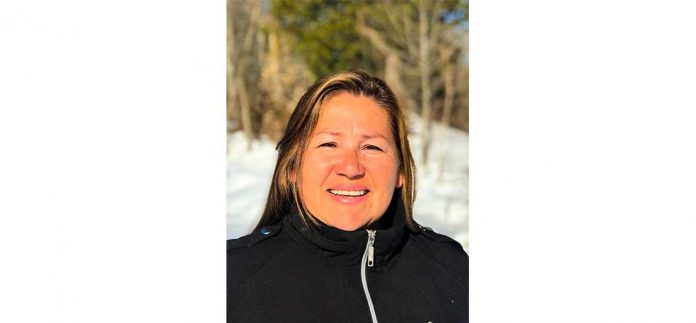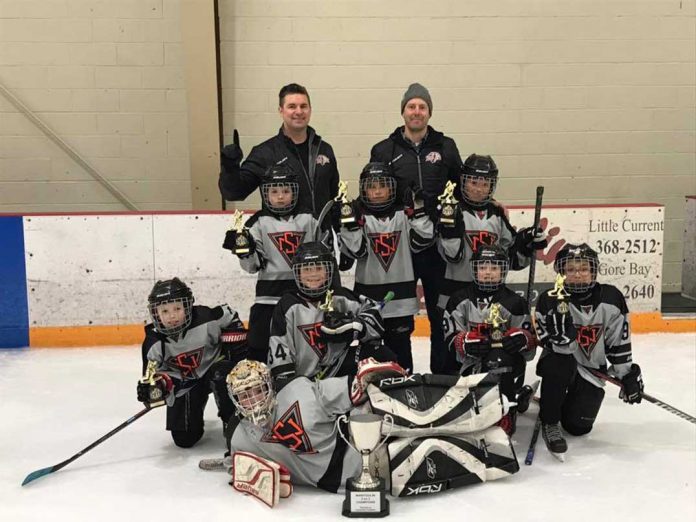M’CHIGEENG—When Gene Bebamash was a young child, there was no internet, television was still very much in its infancy and even landline telephones were quite rare in his community. In those days the First Nation community we now know as M’Chigeeng was called West Bay and face time was time you spent visiting the people you cared about, not an app on your digital device.
“My mom and dad would take us to go to visit family and friends and it wouldn’t just be a day trip,” he recalled. “We would go for two or three days to visit and we would sit around and tell stories, laugh and just talk, and we would do that in the language (Anishinaabemowin).”
But with the advent of technology, things began to slowly change.
“I think it really started with the telephone,” he said. “There really weren’t all that many people who had phones in those days. But when the telephone came out, soon we just didn’t talk face to face. Now it’s even worse. People are talking to each other by text, even if they are in the next room.”
Mr. Bebamash came to the realization that both his Native language and the old stories that once were passed down through the generations through oral traditions, as well as the activities that kept people fit, were in steep decline and that the digital revolution was accelerating that downward slope.
“Kids don’t play outside anymore,” he said. “We went outside and played ball after class, as soon as we were done our chores at home. Going outside to play ball was the biggest thing to us. When I was growing up there were not many TVs around and there was nothing on TV most of the time anyway, just a test pattern all afternoon.”
Those social interactions played a big part in keeping Anishinaabemowin vib-rant and alive.
Today, Mr. Bebamash can be found relating the old stories at the behest of Kenjgewin Teg or the Ojibwe Cultural Foundation. Every Thursday afternoon he hosts a gathering at his home where people come to talk, in the language, and discover or rediscover the wonders of Anishinaabemowin through several group projects.
“There was this lady, Barbara Nolan, who came to speak at Kenjgewin Teg a while ago about learning through activities, through doing stuff,” he said. “It was an inspirational moment.”
“Sometimes we are in the garage and working with tools, we learn the names of the tools in Ojibwe and we have been creating little signs with the names of the tools and things on them,” he said. “We have been making poplar whistles and going for walks in the bush to find the small poplars to make them out of. They aren’t professional or anything, but we have fun and learn at the same time.”
“We have been creating a map of M’Chigeeng back in the 1950s and Linda Roy, who can write in the language, has been helping out,” said Mr. Bebamash. “My nieces, Dora and Bonnie (Bebamash) are helping.”
Mr. Bebamash said that his personality meshes well with his volunteer efforts. “I always had a big mouth,” he laughs. “I like talking.”
Moreover, Mr. Bebamash said that he likes to be able to give back to the community. “It is something that I can do to help keep our language and traditions alive,” he said. “That feels good to me.”





